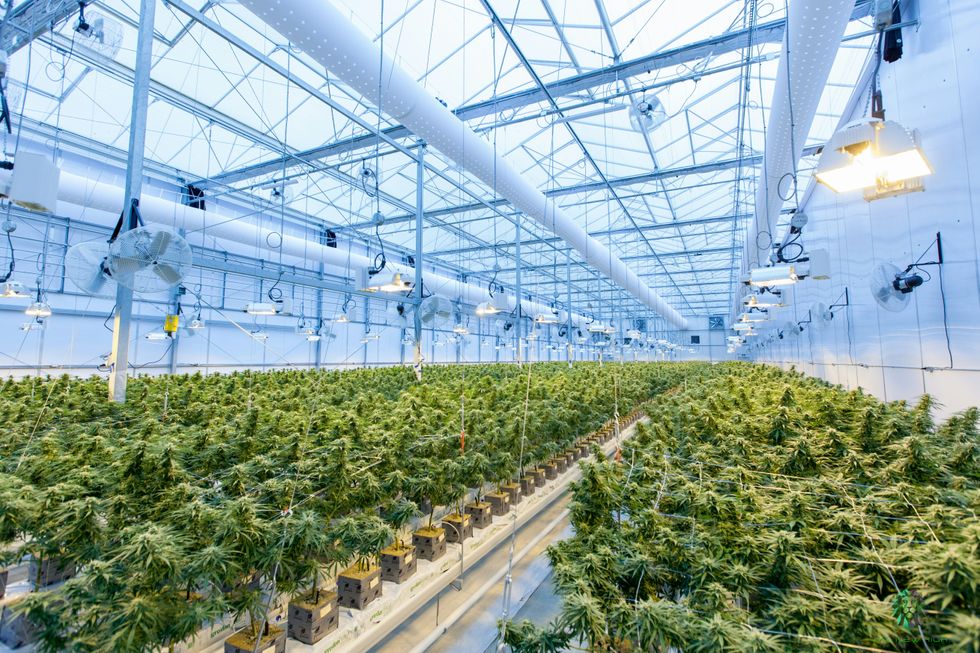In a move that seems more like a relic from the “Just Say No” era than a contemporary public health initiative, the Drug Enforcement Administration (DEA) is backing an “Anti-420 Day” campaign aimed at recruiting high school and college students to produce anti-cannabis content for Instagram. This initiative, which also aims to address drug abuse among high school and college students by highlighting its impact on education and behavior, is spearheaded by the anti-cannabis nonprofit Johnny’s Ambassadors. It offers modest incentives—$25 to $50 Amazon gift cards—for videos warning peers about the purported dangers of THC use.
A Disconnect from Current Drug Policy Realities
At a time when more than 23 states have embraced full cannabis legalization and public opinion has shifted significantly in favor of reform, the DEA’s endorsement of this campaign appears tone-deaf and regressive. The agency’s attempt to “flood” social media with anti-THC messages not only disregards the evolving legal landscape but also undermines efforts toward normalization and informed discourse surrounding cannabis use. A multifaceted approach to drug abuse prevention, which includes increased resources for prevention and rehabilitation, is necessary to address the complexities of drug addiction. This contrasts sharply with the DEA's current strategies that emphasize law enforcement and interdiction over public health-focused measures.
The DEA’s Misguided Approach to Drug Policy
The DEA’s approach to drug policy has long been criticized for its heavy reliance on law enforcement and interdiction, rather than addressing the root causes of addiction and promoting public health. This focus on enforcing controlled substances laws has led to the mass incarceration of non-violent drug offenders, disproportionately affecting communities of color and exacerbating social inequalities.
Despite the growing body of scientific research highlighting the medical benefits of certain controlled substances, the DEA remains steadfast in its outdated policies. This is particularly evident in their stance on marijuana, which continues to be classified as a Schedule I drug under the Controlled Substances Act, despite evidence suggesting its relatively low risk of abuse and significant therapeutic potential.
Moreover, the DEA’s policies have been criticized for failing to adequately address the opioid epidemic, which has claimed thousands of lives in recent years. Instead of focusing on harm reduction strategies and public health initiatives, the agency continues to prioritize the criminalization of drug users, often with devastating consequences.
The DEA’s reliance on law enforcement partners, rather than collaborating with public health professionals and community organizations, further underscores the agency’s misguided approach. This law enforcement-centric strategy not only fails to address the root causes of addiction but also perpetuates the cycle of abuse and incarceration.
Additionally, the human rights implications of the DEA’s policies cannot be ignored. The mass incarceration of non-violent drug offenders and the disproportionate impact on communities of color highlight the urgent need for a more balanced and health-focused approach to drug policy. It is time for the DEA to move beyond outdated tactics and embrace a more comprehensive, evidence-based strategy that prioritizes public health and human rights.

Questionable Tactics and Incentives of Law Enforcement Partners
The campaign’s strategy of incentivizing youth to create anti-cannabis content raises ethical concerns. According to the National Institute on Drug Abuse, statistics show that drug use among high school seniors remains a significant issue, emphasizing the need for increased awareness and education about drug abuse. Offering nominal gift cards to students in exchange for participation may be perceived as exploitative and diminishes the credibility of the message. Furthermore, this approach risks alienating young adults who are increasingly skeptical of one-sided narratives and prefer comprehensive, evidence-based information.
Potential Setbacks to Legalization and Normalization of Controlled Substances Laws
By promoting such campaigns, the DEA not only reinforces outdated stigmas but also potentially hampers the progress made toward cannabis legalization and normalization. The war on drugs has significantly influenced current drug policies, often diverting attention and resources from more pressing issues, such as addressing the opioid crisis or implementing harm reduction strategies. Moreover, they contribute to the perpetuation of misinformation, hindering the public’s ability to make informed decisions about cannabis use.
The DEA’s support for the “Anti-420 Day” campaign represents a step backward in the ongoing dialogue about cannabis policy in the United States. Rather than resorting to outdated tactics that have proven ineffective, it is imperative for agencies to engage in open, honest, and evidence-based conversations about cannabis. Comprehensive drug education programs should address not just cannabis use but also other forms of self-destructive behaviors to foster overall character and decision-making skills among students. Only through such an approach can we hope to achieve policies that reflect the current societal consensus and promote public health.







 High-THC Weed Explored - The Bluntness Photo by
High-THC Weed Explored - The Bluntness Photo by  High-THC Weed Explored - The Bluntness Photo by
High-THC Weed Explored - The Bluntness Photo by  High-THC Weed Explored - The Bluntness Photo by Maria Fernanda Pissioli on Unsplash
High-THC Weed Explored - The Bluntness Photo by Maria Fernanda Pissioli on Unsplash 







 The Dominoes Are Falling Nationwide as Federal Prohibition Ends
The Dominoes Are Falling Nationwide as Federal Prohibition Ends
 When it comes to pricing, cultivation methods matter - The Bluntness
Photo by
When it comes to pricing, cultivation methods matter - The Bluntness
Photo by 
 FDA Approves Landmark Cannabis for PTSD in Veterans - The Bluntness
Photo by Wesley Tingey on Unsplash
FDA Approves Landmark Cannabis for PTSD in Veterans - The Bluntness
Photo by Wesley Tingey on Unsplash